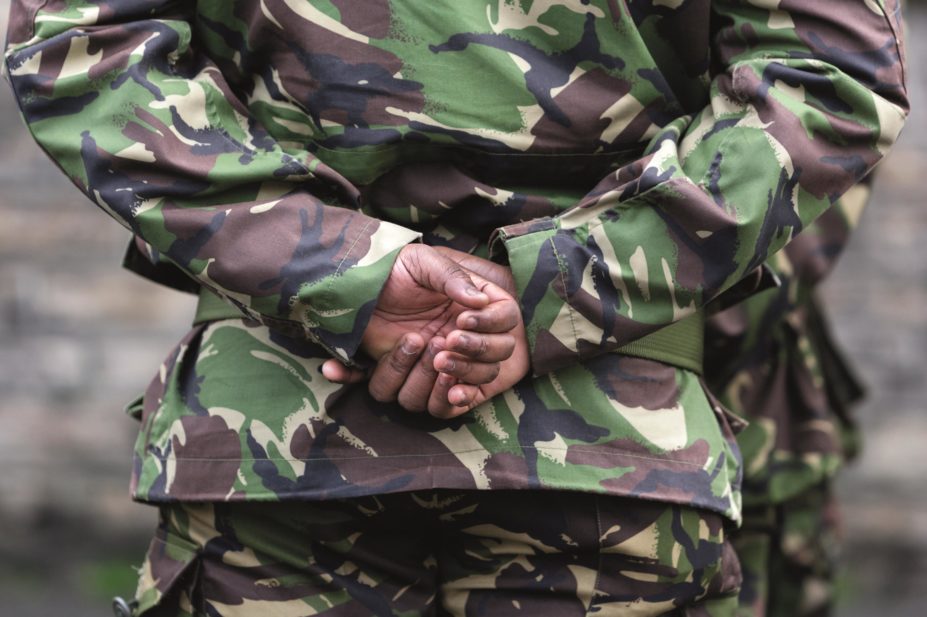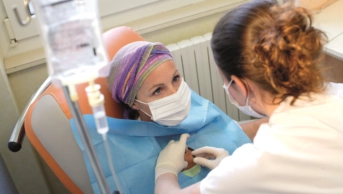
Shutterstock
The antimalarial treatment mefloquine (Lariam) should be considered a “drug of last resort” when used by UK military personnel because of its potential to cause severe psychological side effects, according to an influential committee of MPs.
The recommendations follow an inquiry by the House of Commons defence committee into the Ministry of Defence’s (MoD) use of mefloquine and scrutiny of the drug’s guidelines, which are produced by Roche.
The MPs say the drug should only be given to military personnel if they are unable to tolerate alternative antimalarial products and only after a face-to-face risk assessment has taken place.
Julian Lewis, chair of the committee, says: “It seems quite clear that not only is the MoD unable to follow the manufacturer’s guidelines for prescribing the drug in all instances, but a number of troops discard their Lariam rather than risk its potentially dangerous side effects.
“It is our firm conclusion that there is neither the need, nor any justification, for continuing to issue this medication to service personnel unless they can be individually assessed in accordance with the manufacturers’ requirements,” he adds. “Most of the time that is simply impossible, when a sudden, mass deployment of hundreds of troops is necessary.”
In an inquiry report, published on 26 May 2016, the MPs highlight that the military environment has the potential to exacerbate the side effects of mefloquine.
“While most users will not experience the most adverse reactions, the committee does not believe Lariam, with its significant risk profile, is compatible with the duties required of military personnel on operations,” the report says.
“Strong anecdotal evidence suggests that a body of current and former service personnel have been adversely affected by the use of Lariam. The MoD acknowledges its duty of care to support them, but the current arrangements for doing so appear to be inadequate.”
The MPs’ recommendations are welcomed by Ashley Croft, a specialist in malaria who worked in the Royal Army Medical Corps for 27 years before retiring in 2013.
Croft, who gave evidence to the inquiry in 2015, says: “Military personnel are a vulnerable patient group who, unlike civilian travellers, cannot choose the vaccinations and other preventive medications that are prescribed to them in the course of their workplace duties. They deserve the best available travel health advice and care.”
Croft describes the report as a “triumph of common sense over the ignorance, obstructiveness and complacency” but adds that it “remains to be seen if the committee’s hard-hitting recommendations are now implemented by the defence medical services”.
The MoD welcomes the defence committee’s report and says it will consider its recommendations, but claims that the “vast majority” of deployed personnel receive alternatives to mefloquine.
A spokesperson for the MoD says: “Where [mefloquine] is used we require it to be prescribed after an individual risk assessment. We have a duty to protect our personnel from malaria and we welcome the committee’s conclusion that, in some cases, [mefloquine] will be the most effective way of doing that.”
It has been MoD policy since 2004–2005 to conduct individual risk assessments for the prescription of antimalarial drugs. According to MoD figures, at least 17,368 UK armed forces personnel were prescribed mefloquine at least once between 1 April 2007 and 31 March 2015. Approximately 104,000 UK armed forces personnel were prescribed a different antimalarial drug over the same time period.


